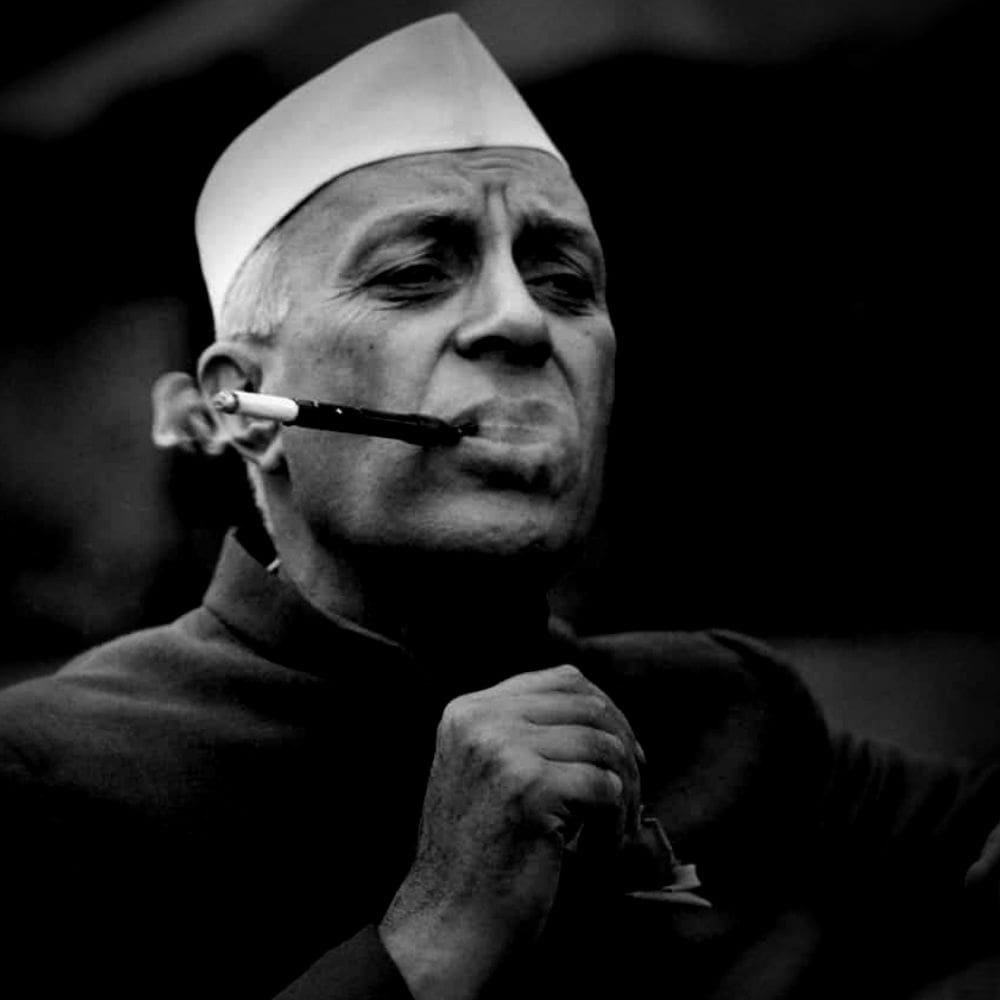LETTING GO OF GWADAR
Gwadar is a port-city on the Arabian Sea on the south-western coast of Baluchistan province in Pakistan. It is located opposite Oman across the sea, near the border with Iran, and to the east of the Persian Gulf. Gwadar is a warm-water, deep-sea port, and it has a strategic location between South Asia, Central Asia and West Asia at the mouth of the Persian Gulf, just outside the Straits of Hormuz. The operations of Gwadar’s strategic sea port were handed over by Pakistan to China in 2013. Now, thanks to the Chinese money and expertise, Gwadar is all set to emerge as Pakistan’s third largest port. Gwadar will be the southern point and the sea terminal of the $46 billion China-Pakistan Economic Corridor (CPEC) that will extend to Kashgar in Xinjiang. The CPEC is part of China’s “One Belt, One Road” (OBOR).
Gwadar was not owned by the British at the time of independence. Gwadar was an overseas possession of the Sultanate of Muscat and Oman —it was given as a gift to Oman by the Khan of Kalat in 1783—until Pakistan purchased the territory on 8 September 1958. Pakistan assumed its control on 8 December 1958, and the territory was later integrated into Baluchistan province on 1 July 1970 as Gwadar District.
Oman was on good terms with India, and Sultan of Oman had offered to sell Gwadar to India for mere one million US dollars. However, India under Nehru did not take the offer, and let go of such an excellent strategic location. It was ultimately purchased by Pakistan on 8 September 1958 for three million US dollars.
It had the great potential of a deep water port (which China is now exploiting), but Nehru didn’t have the foresight to appreciate its critical benefit. Even if Nehru didn’t see much use of the place then as a deep water port, India should have acquired it, so that it could have been used as a bargaining chip with Pakistan, vis-à-vis Kashmir and other matters.
In hindsight, not accepting the priceless gift from the Sultan of Oman was a huge mistake at par with the long list of post-independence strategic blunders by Nehru.


